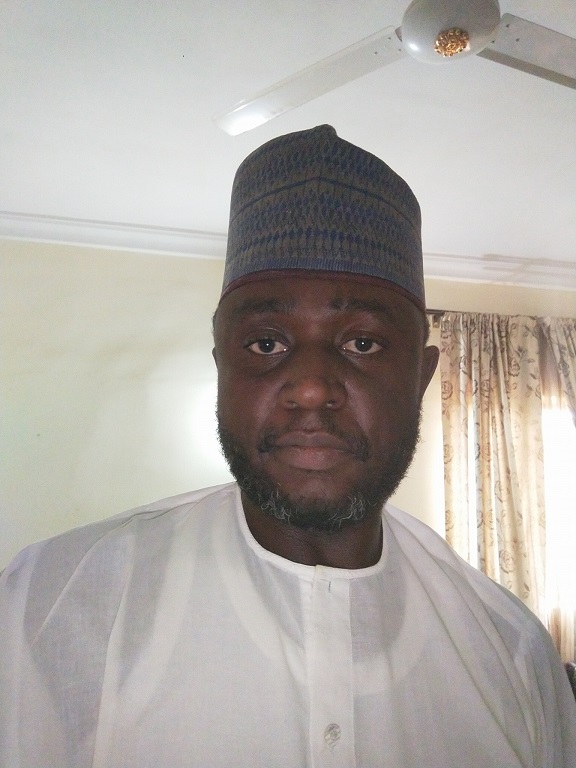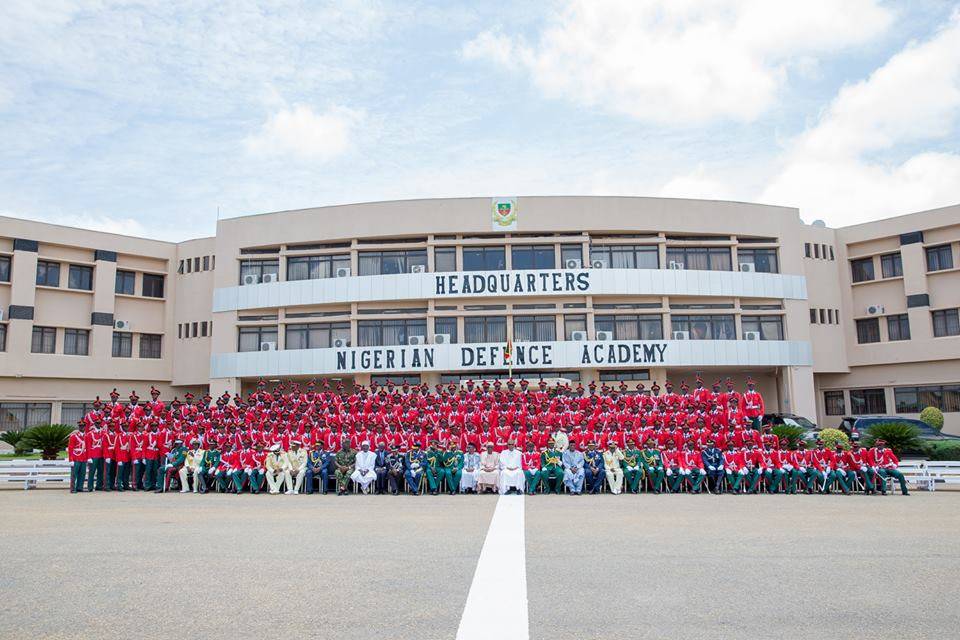Boko Haram commanders surrender in Borno
By Muhammadu Sabiu Four prominent members of Jam'at Ahl as-Sunnah lid-Da'wah wa'l-Jihd, popularly known as Boko Haram, have turned themselves into Nigerian forces in Borno State. Commanders Mala'ana (Khalid), a…



